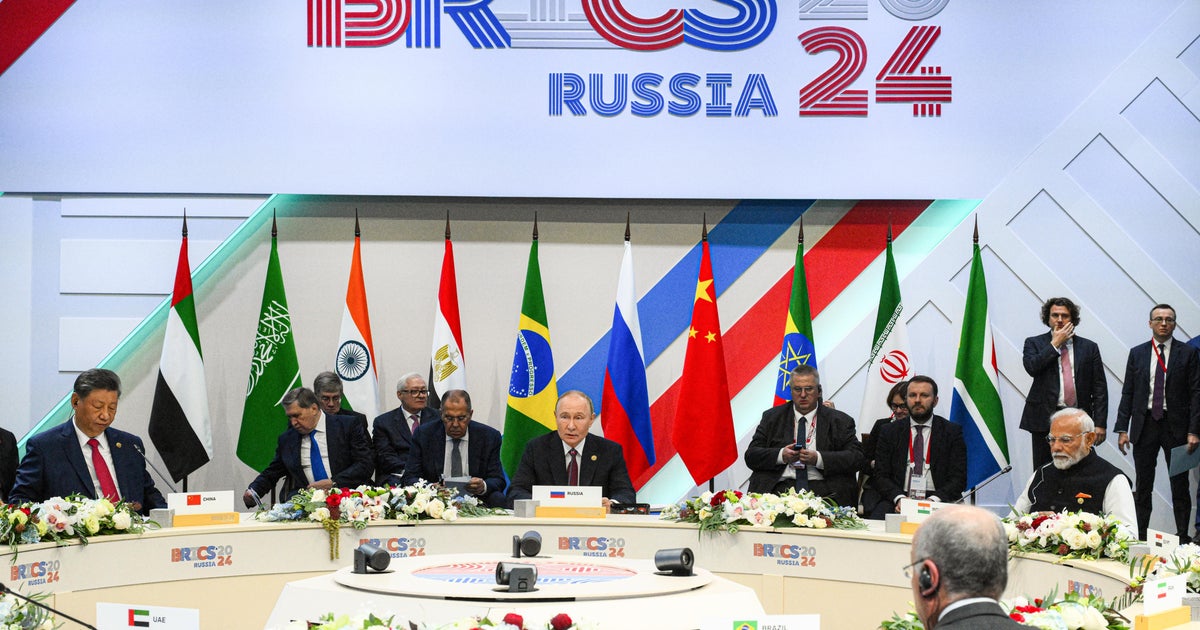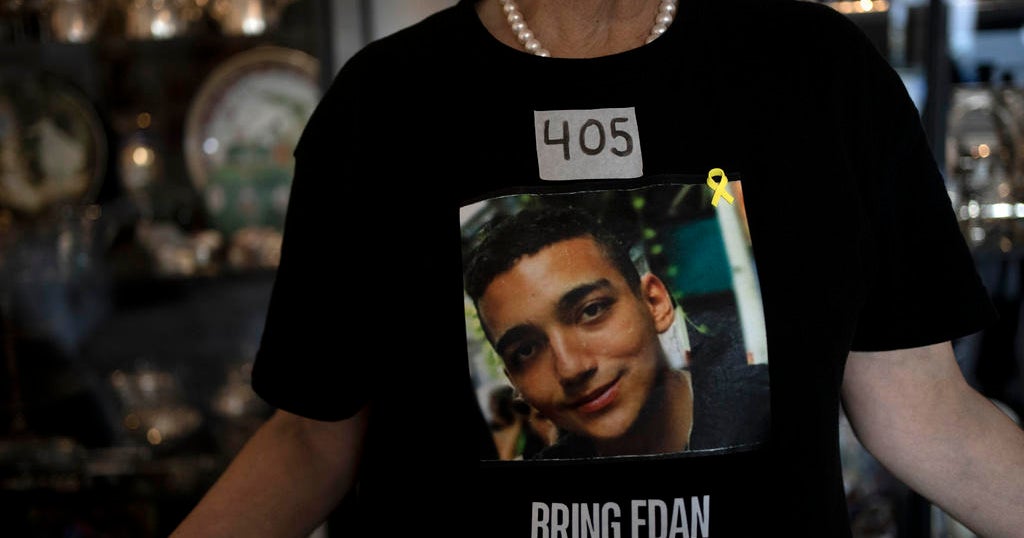COP28 climate conference president Sultan al-Jaber draws more fire over comments on fossil fuels
Dr. Sultan al-Jaber is the president of COP28, this year's United Nations climate conference currently being held in Dubai, in the United Arab Emirates. Al-Jaber is the UAE's environment minister, and he is also the CEO of the Abu Dhabi National Oil Company (ADNOC).
The potential conflict of interest in al-Jaber's roles has been put back under the microscope following the revelation of remarks he reportedly made on the role of fossil fuels as nations seek to limit global warming to 1.5 degrees Celsius — a primary goal under the Paris Agreement adopted at the COP climate conference in 2015.
"There is no science out there, or no scenario out there, that says the phase-out of fossil fuel is what's going to achieve 1.5," al-Jaber said in an online event on Nov. 21, according to The Guardian, adding a pointed barb to the hosts that it would be impossible to stop burning fossil fuels and sustain economic development, "unless you want to take the world back into caves."
Climate scientists and environmental advocates including former Vice President Al Gore were quick to condemn al-Jaber's remarks.
"He should not be taken seriously. He's protecting his profits and placing them in a higher priority than the survival of the human civilization," Gore told the Reuters news agency.
His remarks also seemingly put him at odds with the United Nations and its secretary-general, Antonio Guterres, who told COP28 delegates on Friday: "The science is clear: The 1.5C limit is only possible if we ultimately stop burning all fossil fuels. Not reduce, not abate. Phase out, with a clear timeframe."
Speaking at a news conference at the COP28 conference Monday, al-Jaber said he was "quite surprised" at the criticism, which he blasted as "constant and repeated attempts to undermine the work of the COP28 presidency, and the attempts to undermine the message we keep repeating, that we respect the science."
Al-Jaber started his remarks by noting his own background as an engineer, insisting that his presidency of the climate conference was entirely driven by scientific evidence and saying his remarks reported by The Guardian had been "taken out of context with misinterpretation and misrepresentation."
"I respect the science in everything I do," he said. "I respect the science and trust the numbers and figures... science has guided the principles of our strategy as COP28 president."
Al-Jaber said he was fully committed to the goals of ending carbon emissions by 2050, and significantly reducing them by 2030 in order to meet the goal agreed at a previous COP conference of limiting the global rise in temperatures to 1.5 degrees Celsius. He repeatedly called it his "North Star," and said his commitment would not change.
But while he said "the phase-down and the phase-out" of fossil fuels was "essential," he added that the transition to other power sources "needs to be just and responsible, and it needs to be well-managed."
Al-Jaber said several times that, as president of COP28, he had "called on parties many times to reach consensus" and bring him proposals to reduce national carbon footprints and phase out fossil fuel usage.
"I am committed, I am determined to deliver the most ambitious response" to climate change at COP28, al-Jaber said. "Please, let's give the process the space it needs and, if anything, judge us on what we will deliver at the end."
Al-Jaber previously came under fire in November when the BBC obtained leaked documents showing he planned to use pre-conference meetings to discuss commercial oil and gas interests with representatives of other nations.
Responding to the BBC report, the UAE's COP28 team did not deny using the pre-conference meetings for business talks, and said "private meetings are private." It declined to comment on what was discussed and said its work was focused on "meaningful climate action."
"Sultan Al Jaber claims his inside knowledge of the fossil fuel industry qualifies him to lead a crucial climate summit but it looks ever more like a fox is guarding the hen house," Ann Harrison, Amnesty International's climate advisor, said.




